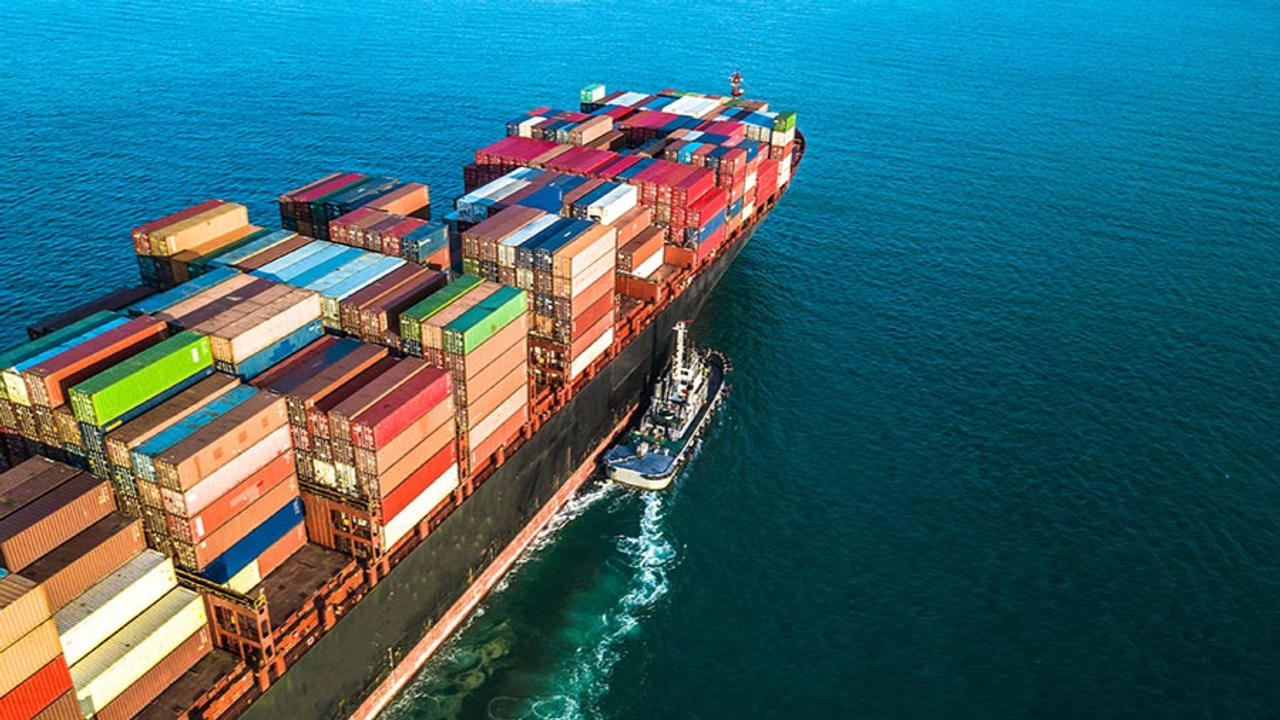Published 15:00 IST, August 24th 2024
WTO’s dispute settlement system used more by developed economies: WTO Chief Economist
According to him, in the past, the WTO had made several important decisions supporting developing countries in our last ministerial conference.
- Economy
- 2 min read

Trade talks: WTO’s dispute settlement system tends to be used more heavily by developed countries as opposed to developing countries, WTO Chief Economist Ralph Ossa told Republic Business.
“Our members are currently engaged in a reform process of the dispute settlement system to make it more inclusive and also more accessible to small countries,” Ossa in an interview with Republic Business said. “All members are working hard at the moment to make this more accessible also for smaller countries,” he said.
Talking about the rising disagreement between developed and developing countries at the WTO, he said, “There are disagreements between developed countries and developing countries. It's a complicated process. We have 166 members, and it's a consensus-based system. So of course, finding consensus among these 166 countries is difficult.”
He went on to add further that the consensus is possible as seen at the 13th Ministerial Conference, and also the 12th Ministerial Conference. “Progress is possible. You just have to be patient. But I don't see any other option in today's world because,” Ossa added further.
According to him, in the past, the WTO had made several important decisions supporting developing countries in our last ministerial conference. “But I'm also optimistic about the future and really do believe that an institution like the WTO, because of its inclusiveness, plays a very important role in supporting the global economy going forward all right,” WTO chief economist said.
Throwing light on decarbonisation, he added, “I mean the first thing that one has to see and I think it often gets overlooked is that international trade is part of the solution when it comes to climate change.” According to him, trade and the economic gains from trade come from countries specialising in what they're relatively good at.
“But there are also environmental gains from trade and they come from countries specialising and what they're relatively green at. So specialisation according to what we call environmental comparative advantage has the potential to reduce greenhouse gas emissions, which is why it's so important to be careful of environmental policy measures that are being taken,” he mentioned.
Updated 15:00 IST, August 24th 2024